Home / Albums / Modern / Occupations 48

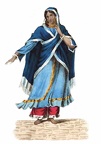 Nautch Girl
Nautch Girl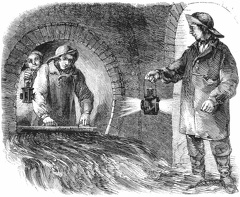 Flushing the Sewers
Flushing the Sewers The Old-Clothes Man
The Old-Clothes Man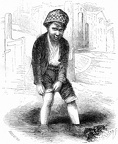 The Mud Lark
The Mud Lark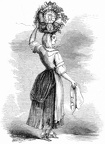 The Milkmaids Garland
The Milkmaids Garland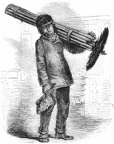 The London Sweep
The London Sweep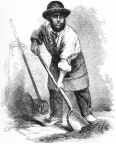 The London Scavenger
The London Scavenger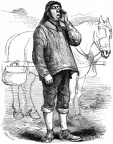 The London Dustman
The London Dustman The Irish Crossing Sweeper
The Irish Crossing Sweeper The Crossing sweeper that has been a maid servant
The Crossing sweeper that has been a maid servant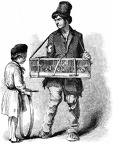 The Crippled Street Bird Seller
The Crippled Street Bird Seller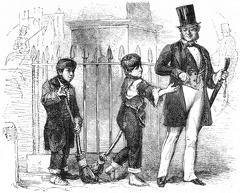 The Boy Crossing Sweepers
The Boy Crossing Sweepers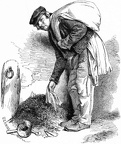 The Bone Grubber
The Bone Grubber The Bearded Crossing sweeper at the Exchange
The Bearded Crossing sweeper at the Exchange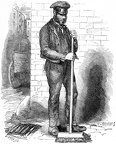 The Able-Bodied Pauper street sweeper
The Able-Bodied Pauper street sweeper Street Seller of Birds Nests
Street Seller of Birds Nests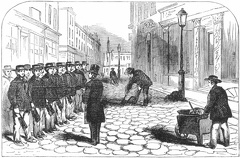 Street Orderlies
Street Orderlies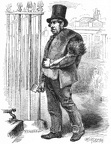 One of the few remaining climbing sweeps
One of the few remaining climbing sweeps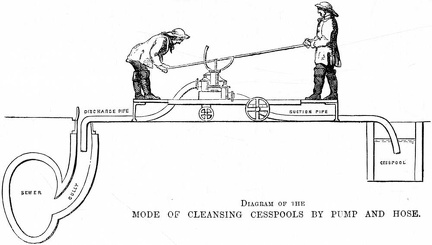 Means of Cleaning Cesspools by pump and hose
Means of Cleaning Cesspools by pump and hose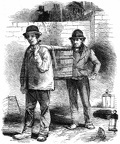 London Nightmen
London Nightmen The Street Dog Seller
The Street Dog Seller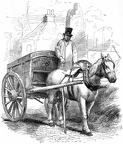 The Rubbish Carter
The Rubbish Carter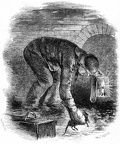 The Rat catchers of the Sewers
The Rat catchers of the Sewers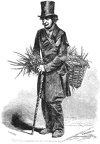 The Groundsel Man
The Groundsel Man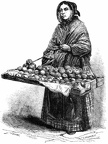 The Coster-girl
The Coster-girl The Coster Boy and Girl Tossing the pieman
The Coster Boy and Girl Tossing the pieman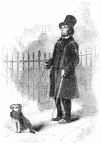 The Blind Boot-Lace Seller
The Blind Boot-Lace Seller The Baked Potato Man
The Baked Potato Man The Wallflower Girl
The Wallflower Girl The Street Stationer
The Street Stationer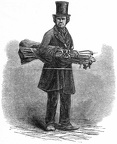 The Street Seller of Walking sticks
The Street Seller of Walking sticks The Street Seller of Nutmeg Graters
The Street Seller of Nutmeg Graters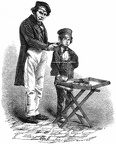 The Street Seller of Grease Removing composition
The Street Seller of Grease Removing composition The Street Seller of Dogs Collars
The Street Seller of Dogs Collars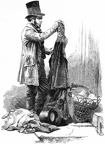 The Street Seller of Crockery Ware
The Street Seller of Crockery Ware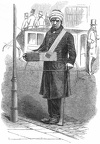 The Street Rhubarb and Spice Seller
The Street Rhubarb and Spice Seller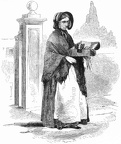 The Street Comb Seller
The Street Comb Seller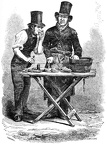 The Oyster Stall
The Oyster Stall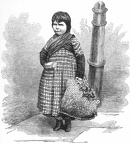 The Lucifer Match Girl
The Lucifer Match Girl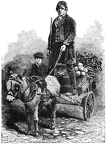 The London Costermonger
The London Costermonger The London Coffee Stall
The London Coffee Stall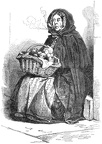 The Irish Street-seller
The Irish Street-seller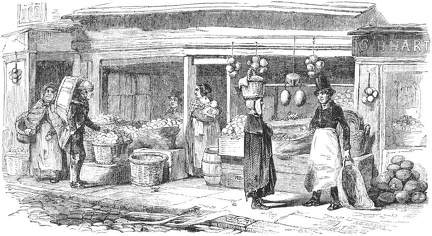 Orange Mart
Orange Mart Cab Driver
Cab Driver Street Porter with knot
Street Porter with knot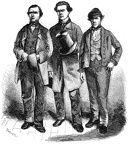 Ticket-of-leave men
Ticket-of-leave men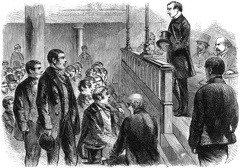 Ticket-of-leave meeting
Ticket-of-leave meeting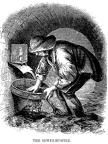 The Sewer-hunter
The Sewer-hunter



